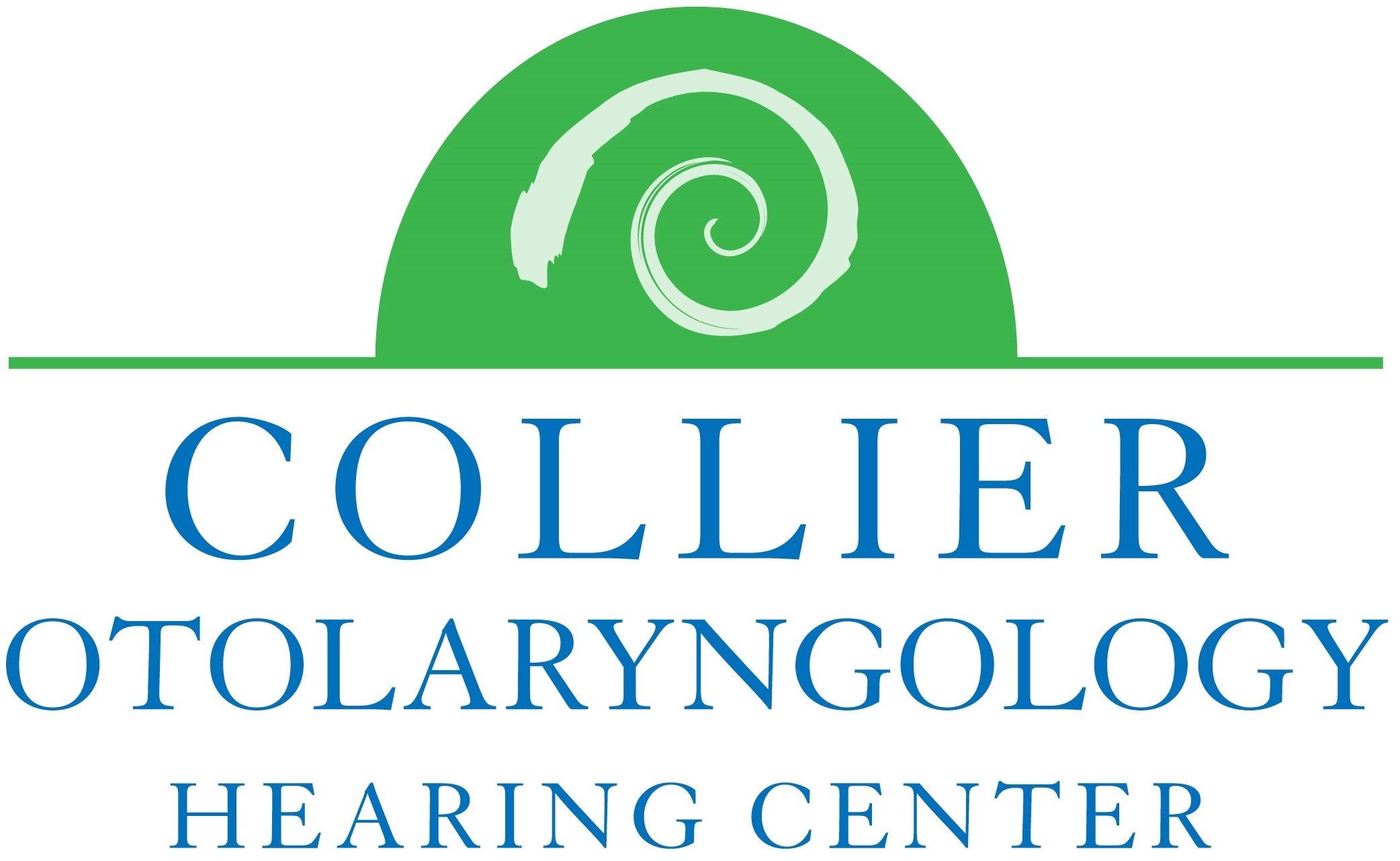Serving Patients in Naples, FL
Common Tinnitus Treatments That Can Stop the Ringing in Your Ears
You lie awake at night, staring at the ceiling, wishing you could fall asleep. You’re so exhausted, but the ringing in your ears just won’t go away. It makes it impossible for you to sleep, and distracts you from important matters during the day—and it’s even beginning to take a toll on your mood. What is this problem? Do other people have it? And above all, how can you stop it from ruining your life?
What Is Tinnitus?
Tinnitus, or head noise, is a constant noise that occurs inside a patient’s ears—even though there is no outside source of the sounds. Millions of people nationwide suffer from the condition, describing noises such as ringing, blowing, humming, whistling, roaring, buzzing, or hissing. These sounds can be heard all the time or intermittently, and can be soft or loud.
Patients can suffer from tinnitus for a variety of reasons, including:
- Noise exposure. Exposure to loud noises is one of the most common cause of tinnitus. People who have suffered hearing damage due to loud music, firearms, explosions, construction equipment, or other sources are more likely to suffer both tinnitus and hearing loss.
- Aging. Some of the tissues in our bodies begin to break down as we grow older, including the structures of the inner ear. The portion of our ears that allows us to hear (cochlea) may no longer be able to process sounds, causing tinnitus and muffled hearing. If natural aging processes are causing your tinnitus, hearing aids are usually the most effective form of treatment.
- Medical conditions. Many medical issues have been linked to increased tinnitus symptoms, such as high blood pressure, cardiovascular disease, diabetes, and thyroid problems. Some patients may experience temporary tinnitus due to ear infections, earwax buildup, or another a blockage in the ear canal.
- Head injuries. Injuries to the head, ear, or neck can cause a patient to hear noises that don’t exist as a result of brain trauma or nerve damage. Some dental problems, such as temporomandibular joint (TMJ) disorders can cause a twitching of the muscles in the ear, causing tinnitus symptoms.
- Side effects. Many drugs and chemicals—including some common medications—can cause tinnitus as a side effect. Aspirin, antibiotics, sedatives, painkillers, and quinine have all been known to increase head noise symptoms.
Tinnitus can be a standalone condition, or it can be a symptom of a more serious medical issue. For this reason, we perform a full audiological exam to determine the source of your head noise, and refer you for further health evaluation if necessary.
Treatments to Reduce Your Tinnitus Symptoms
Our hearing care professionals understand the dynamics of tinnitus, and can offer varying forms of treatment to help ease your head noise. If you have both tinnitus and hearing loss, we can direct you to the kinds of hearing aids that work together to lessen head noise and amplify environmental sounds. Some tinnitus therapy hearing aids emit a pleasant, low-level noise that effectively drowns out the sound of tinnitus. There are also many counseling-based approaches that can help tinnitus sufferers relieve the stress caused by the condition and train themselves to sleep better at night.
The specialists at Collier Otolaryngology Hearing Center can determine the cause of your tinnitus, advise you on your treatment options, and help you find a permanent solution for the distracting ringing in your ears. Call us today at (239) 260-9652 to make an appointment in one of our Naples offices.


